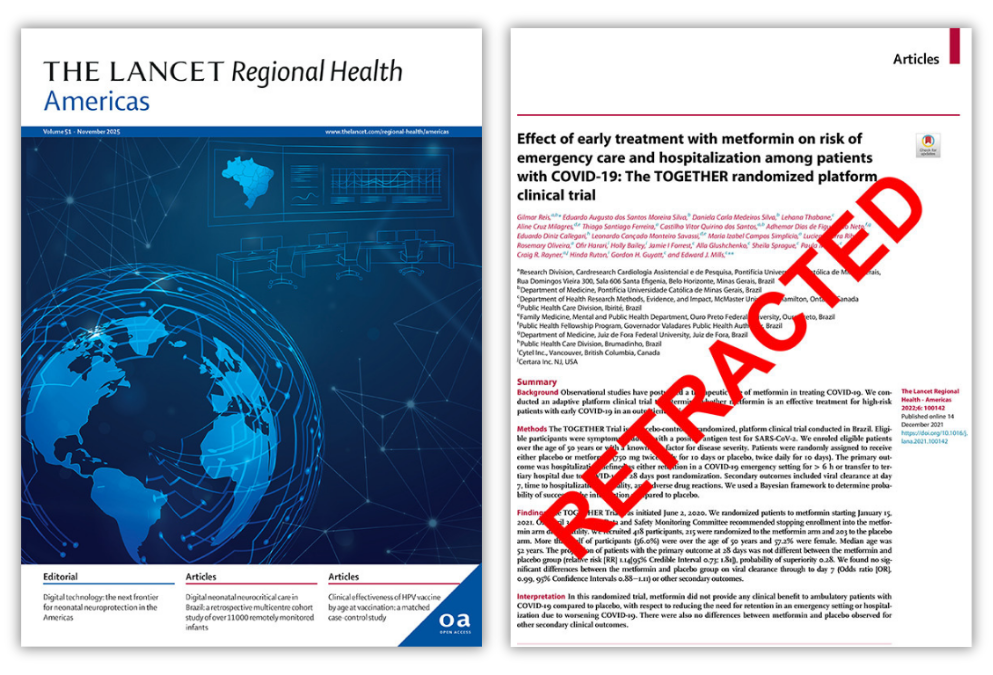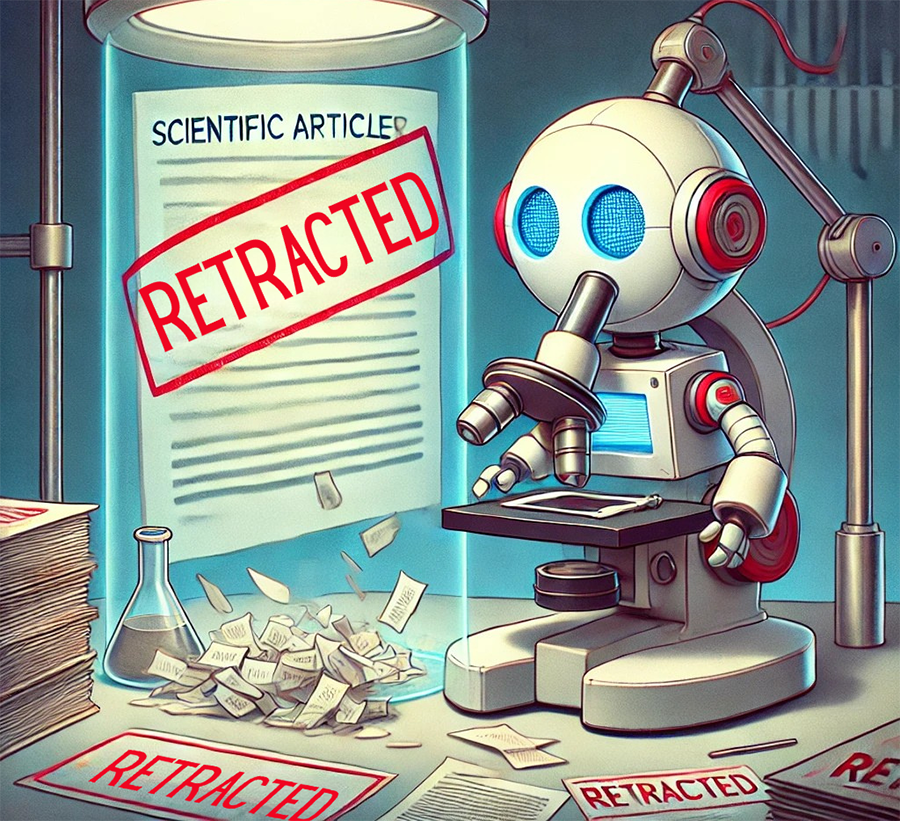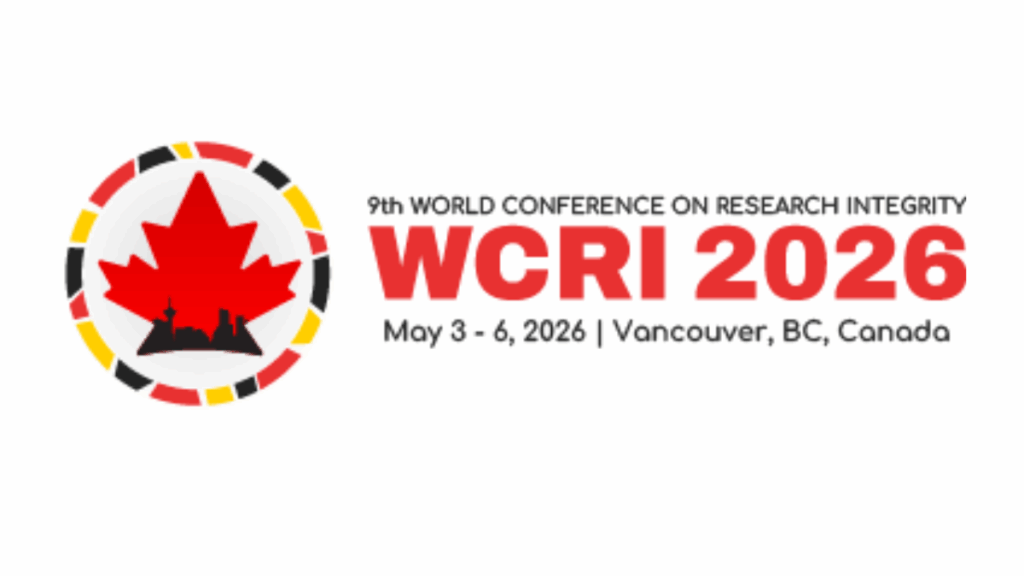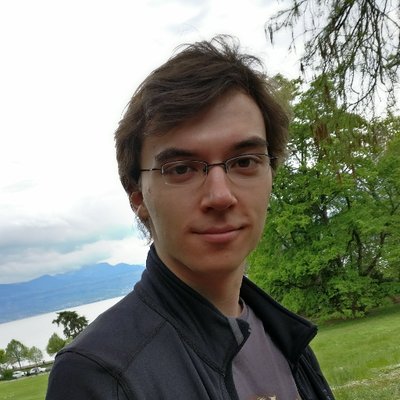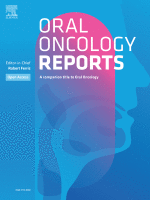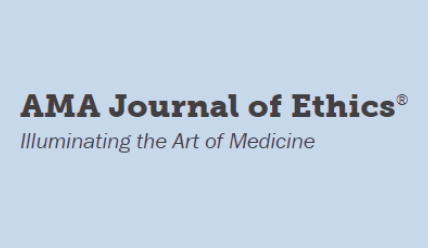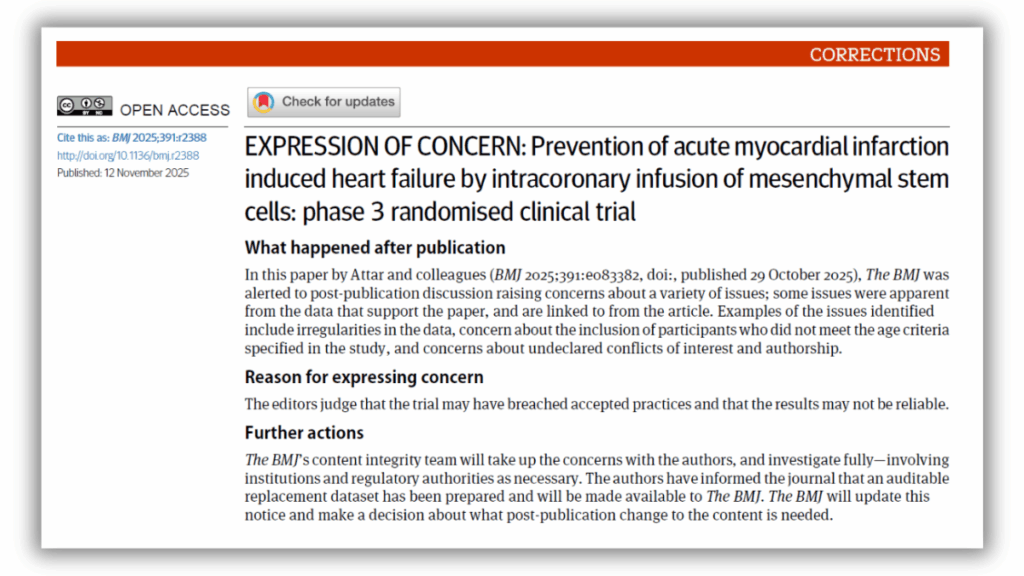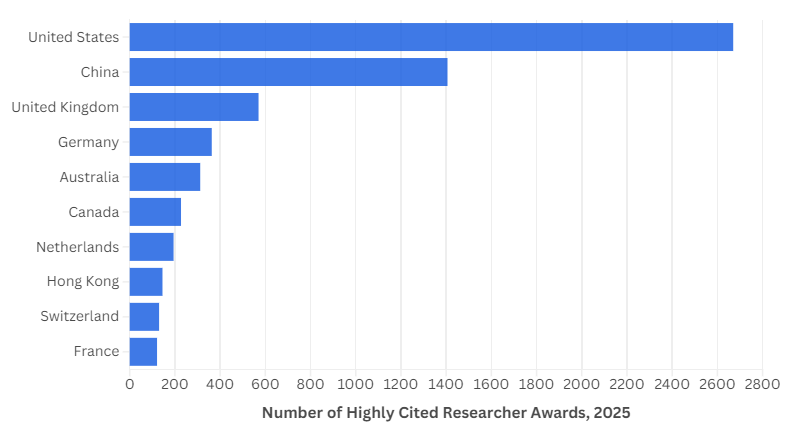
Update, Nov. 24, 2025, 5:48 p.m. UTC: This story was updated to add comment from Mohammad Abdollahi, the editor-in-chief of the journal and last author of the paper.
Tips we get about papers and books citing fake references have skyrocketed this year, tracking closely with the rise of ChatGPT and other generative large language models. One in particular hit close to home: A paper containing a reference to an article by our cofounder Ivan Oransky that he did not write.
The paper with the nonexistent reference, published November 13 in DARU Journal of Pharmaceutical Sciences, criticizes platforms for post-publication peer review — and PubPeer specifically — as being vulnerable to “misuse” and “hyper-skepticism.” Five of the paper’s 17 references do not appear to exist, three others have incorrect DOIs or links, and one has been retracted.
One of the fabricated references credits our cofounder Ivan Oransky with a nonexistent article, “A new kind of watchdog is shaking up research,” purportedly published in Nature in 2019.
Continue reading Springer Nature flags paper with fabricated reference to article (not) written by our cofounder